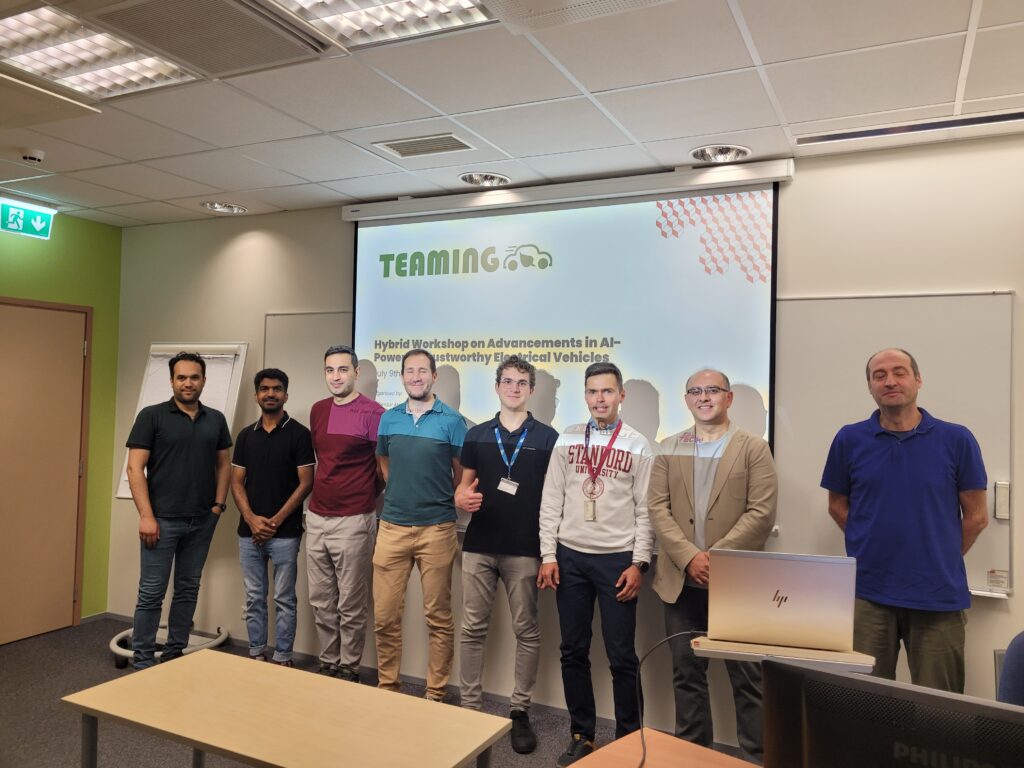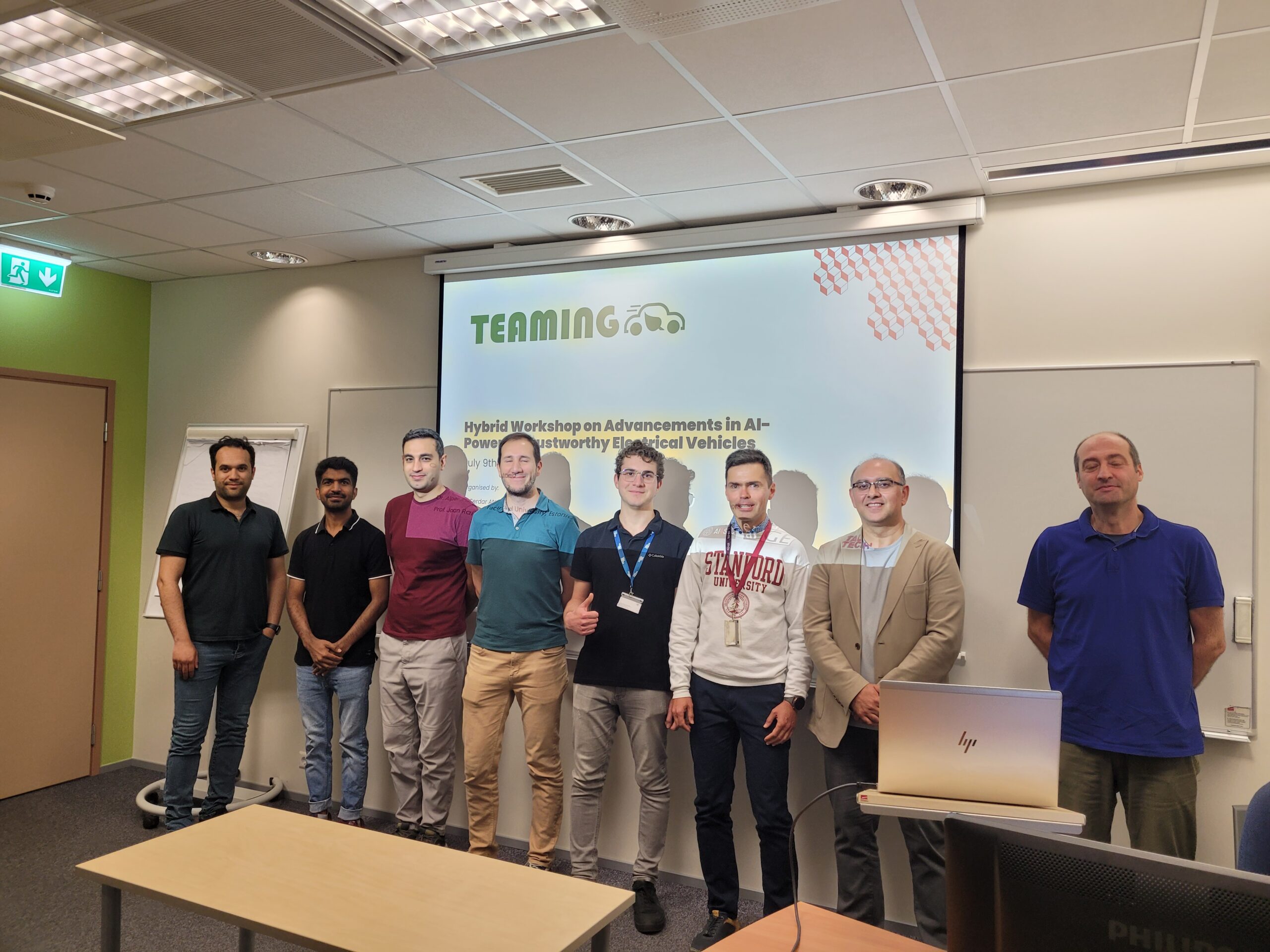Ontology-based PdM for more trustworthy EV powertrains
The automotive industry’s transition to electrification brings efficiency and sustainability but demands robust maintenance strategies for complex EV powertrains. Predictive Maintenance (PdM) is pivotal in minimizing downtime, reducing costs, and enhancing vehicle performance by predicting failures through sensor data, historical records, and real-time analytics. For EVs, PdM is critical due to the high cost and complexity of components like batteries and electric motors, as well as safety concerns and the need to optimize asset lifespan. While traditional PdM models often lack transparency, ontology-based approaches offer improved reliability and explainability, making them essential for trustworthy and effective PdM in electrified powertrains.
In computer science, an ontology serves as a structured framework that defines and organizes relationships between concepts within a specific domain, enabling a shared understanding. For automotive PdM, an ontology plays a pivotal role by representing the complex relationships between EV components, operational conditions, and failure modes considering security-safety-privacy concerns. Beyond relational database architectures, ontology-based data modelling integrates diverse and heterogeneous data sources, such as sensor readings, maintenance logs, and operational metadata, into a cohesive framework that supports unified data interpretation. By leveraging knowledge models and graphs, an ontology facilitates advanced reasoning and inference, enabling PdM systems to identify patterns, predict failures, and recommend actions in a transparent and explainable manner. These knowledge-driven models enhance the system’s ability to simulate real-world scenarios, refine maintenance strategies dynamically, and provide actionable insights, ensuring more reliable and trustworthy PdM solutions for the evolving EV landscape.

The seconded researcher Dr. Alper Kanak (ERARGE), in close collaboration with AI4SEC researchers and his colleagues in ERARGE, has spearheaded an ontological approach to PdM within the electrified automotive domain, leading to the development of a data model intended as the foundation for a semantic AI backend. Collaborative research efforts with AI4SEC and ERARGE have enabled the design of a PdM-focused ontology, enhanced with IoT and cybersecurity elements, to create a more reliable and intelligent Digital Twin for EVs. Under Dr. Kanak’s supervision, along with contributions from Dr. Salih Ergün (ERARGE), Oguzhan Herkiloğlu (AI4SEC), and Ali Serdar Atalay (AI4SEC), a cyber-resilient cloud backend has been conceptualized and is under development to come up with a multidimensional data governance framework. This backend incorporates hardware-based advanced security features and energy-efficient AI services. The semantic backend integrates multiple knowledge models, including PdM, Smart Sensor Network Ontology [1], ENISA’s cyber threat taxonomy [2], and a tailored event ontology.
The first steps of this joint study have been presented at the IEEE ELMAR Conference in Zadar/Croatia, namely “What About the Energy-Efficiency of Complementary Services Making a Fuel Cell Electrical Vehicle more Trustworthy and AI-Powered?”[3], and gained great interest in relevant research communities. The findings indicate that one can make smart inferencing to evaluate the eco-friendliness and trustworthiness of an EV by centralising the situational PdM during the life cycle of an EV. The data models, when strengthened with advanced AI techniques, can be used to estimate the state-of-charge and state-of-health of the EV batteries or predict the optimal range of EVs in individual cruises or fleet operations. This comprehensive framework will empower the TEAMING consortium to manage and analyze multidimensional, heterogeneous data from both in-vehicle and out-vehicle sources effectively. Further work would be needed to improve the semantic backend with IoT-enabled situational awareness, cyber security and safety-aware decision making and explainable and trustworthy AI for more sustainable powertrains



